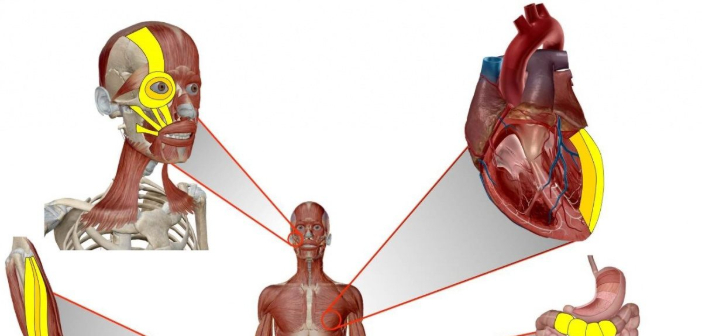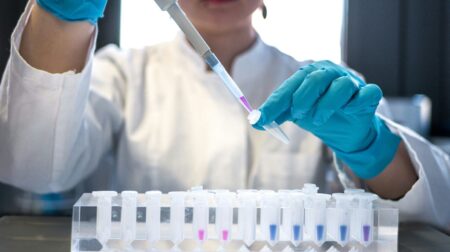A University of Bristol-led project to create artificial robotic muscular assistance for people suffering from lost muscle capability has been awarded £6m in funding.
The emPOWER project, which also involves Imperial College London, will research the possibility of deploying engineered robotic artificial muscular assistance in targeted areas inside the body.
Researchers said they hope the project will help people living with degenerative diseases such as sarcopenia and muscular dystrophy by restoring strength and control in mobility.
It’s believed that targeted robotic muscles could overcome the limitations of current wearable robotic technology, which is said to be heavy and uncomfortable, often requires two people to put on and take off, and results in slow movement for users.
Professor Molly Stevens, co-investigator at Imperial Collage London’s Department of Materials, said: “Loss of strength and muscle wastage is currently an unenviable part of getting older and has a significant impact on health and quality of life.
“emPOWER will explore how artificial muscles could radically transform treatment options in the future and effectively turn back the body clock.”
The team, led by Professor Jonathan Rossiter at Bristol, said it also hopes the project will not only help to reduce strain on the NHS, but also on the patient’s mental health through increased independence, quality of life and confidence.
The £6m grant was awarded by the UKRI EPSRC Transformative Healthcare Technologies for 2050 fund, which aims to foster the development of new technological approaches to transform NHS care and treatments.








